Nonverbal Language Disorder
What is Nonverbal Language Disorder?
Nonverbal Learning Disorder or Disability (NVLD) is a developmental disability that can often go undiagnosed. Individuals with this disability are very verbal, but they have difficulty with nonverbal skills.
Children with NVLD as youngsters appear very bright, but they have difficulty interacting with their peers, in acquiring new skills, and in adapting to new situations. Although children with NVLD have good literal understanding of language, they miss the subtle nuances of facial expression, body language, word play, inferencing and intonation that make up 65% of social interactions. Children with NVLD are able to understand the vocabulary and grammar they hear, but they may totally misinterpret social cues, most of which are not spoken or are nonverbal. These cues convey some but not all the information needed to understand a social interaction.
Successful communicating through language requires skills in organization, comprehension, use of prosody, and flexible thinking. Difficulties in these areas affect a child’s ability to produce as well as understand language. The language of the playground is different from the language of the classroom. Talking to peers is different from talking to adults. If a child has difficulty being flexible in interactions with different communication partners, he/she can have significant problems in his/her social relationships which can result in social isolation.
In the literature, there is a great deal of comparison of NVLD, Asperger’s syndrome, and social (pragmatic) language disorder, and discussion about whether NVLD is a distinct diagnosis.
What can professionals do to help?
Children with NVLD are often diagnosed as children as they enter school or during the intermediate grades. Despite their verbal fluency, children and adolescents with NVLD exhibit substantial communication and language problems because their apparent competence in language is superficial. As a member of the school based team, the SLP can provide and contribute to an Individual Education Plan (IEP) to help the child be more successful in social interactions with adults and peers and reduce anxiety and isolation.
